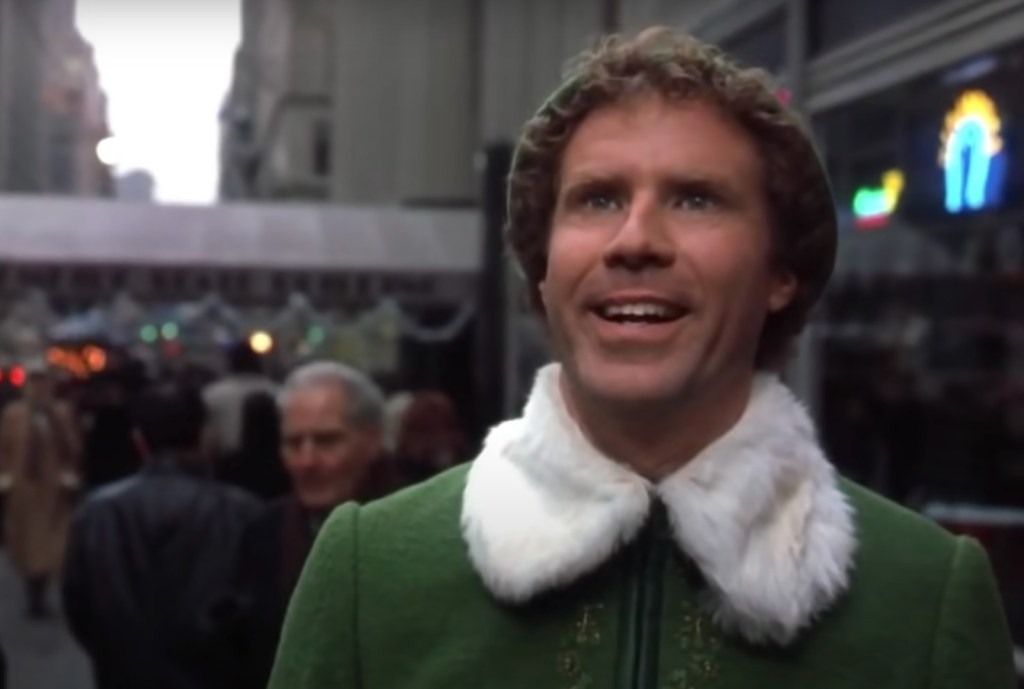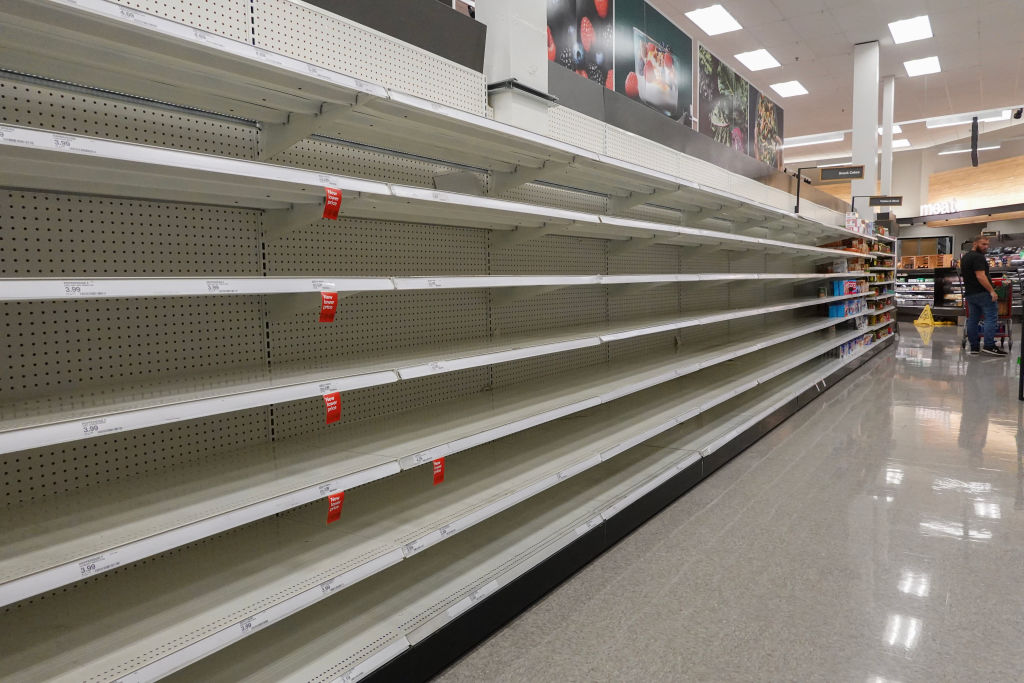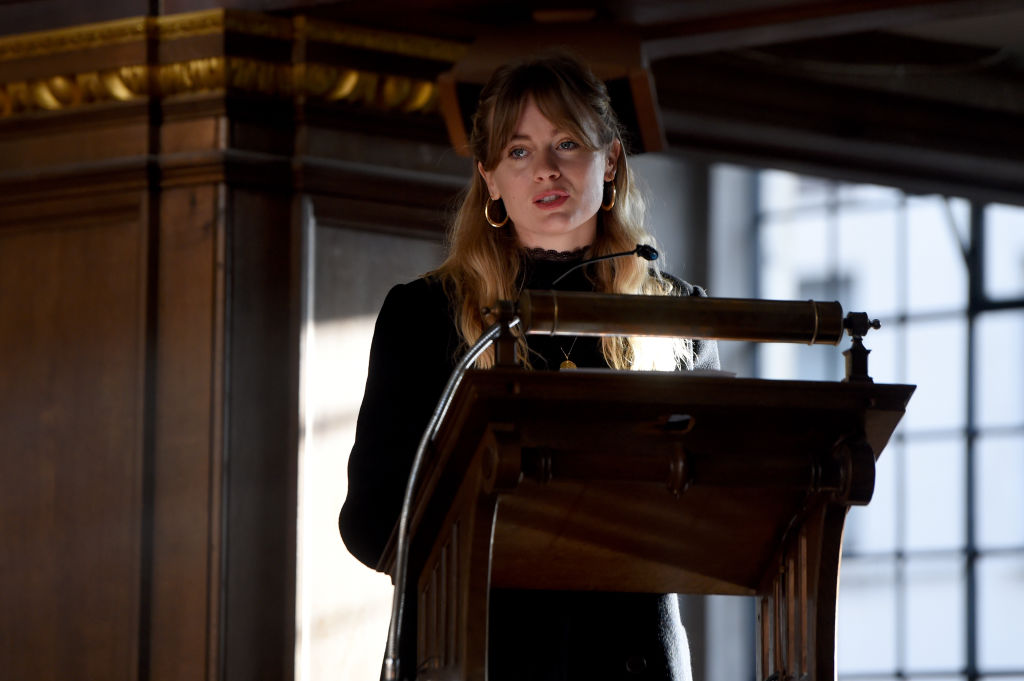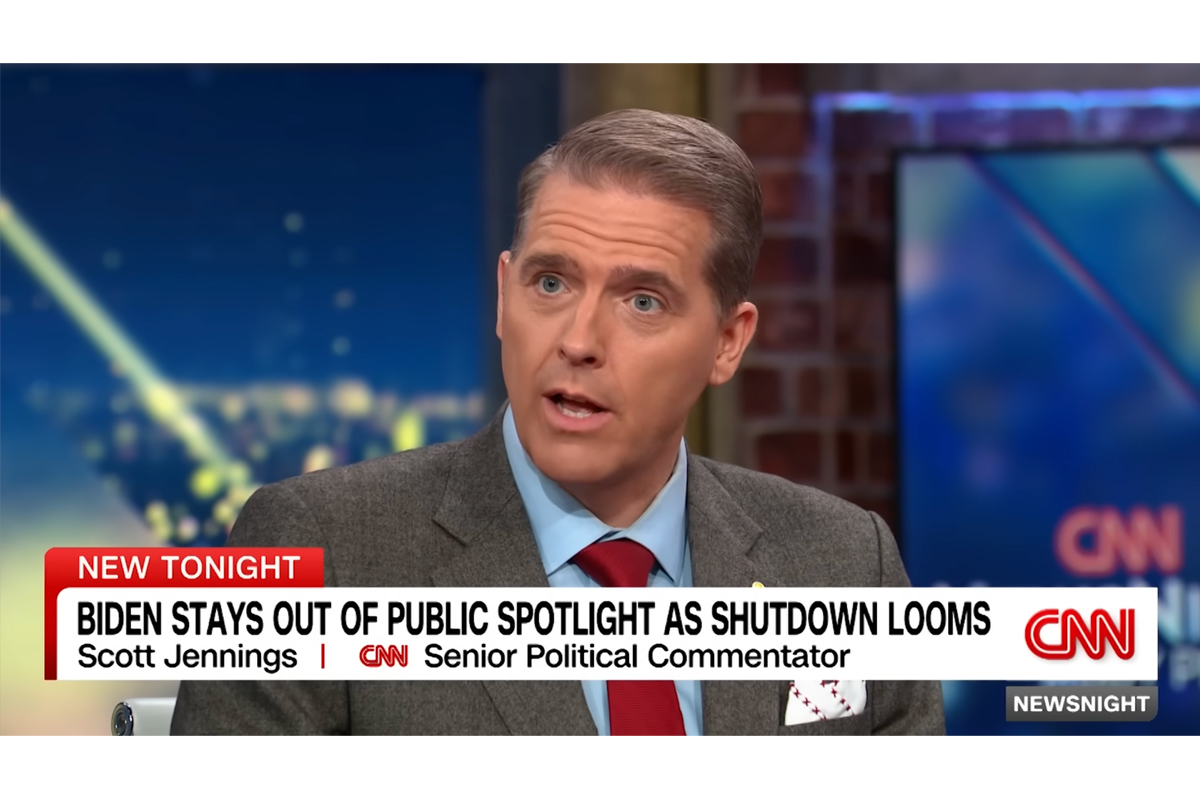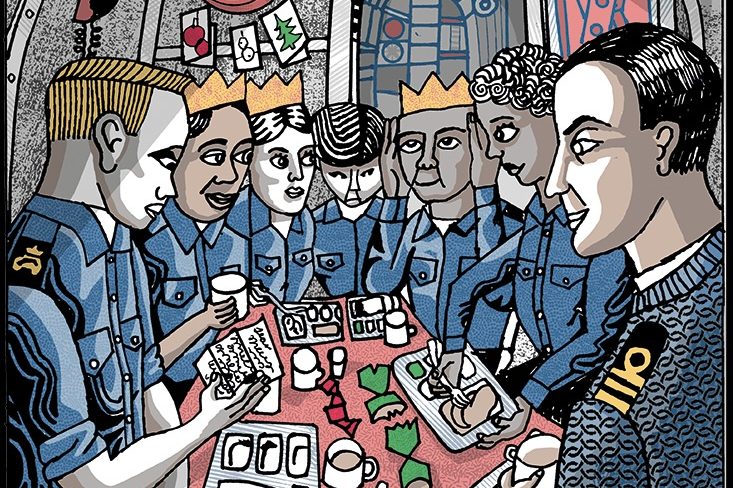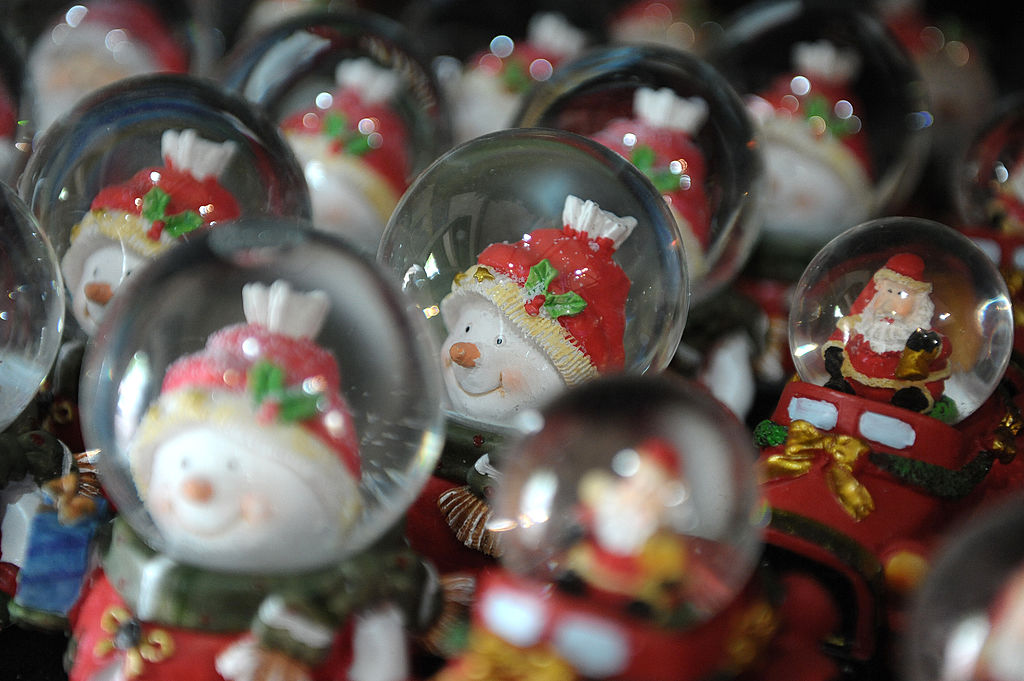The first time I saw Love, Actually was upon its release in 2003. I thought it was generally fine, with good and bad bits jostling alongside one another, and scene-stealing performances by Bill Nighy and Emma Thompson going a long way to counteracting the dreadfulness of some of the supporting cast and general Richard Curtis-ness of it all. But what I was unprepared for was that it would go from being a reasonably enjoyable portmanteau rom-com into a film that epitomizes “the contemporary spirit of Christmas,” or some such rubbish. Every year, it becomes ever more ubiquitous, whether on streaming platforms, television or even in theater re-releases.
And every year, something inside me dies a little harder.
On which note, I hope to be spared the perennial debate about whether Die Hard is a Christmas film or not. But I won’t be. Any more than whether I’ll manage to avoid the remarkably humorless and bland appearance of The Holiday, or suffer Will Ferrell’s man-child mugging in the overrated Elf, or wonder why Bill Murray, at the height of his fame, couldn’t make Scrooged funnier. In fact, call me a Scrooge, ladies and gentlemen, but I’m going to say it: Christmas films suck.
There are, of course, exceptions to this sweeping statement. It’s A Wonderful Life will never be any less affecting no matter how many times one watches it (although it is now de rigueur for social media cynics to pronounce that the dystopian Pottersville, complete with decadent jazz bars and vice girls, is a damn sight more fun than the squeaky-clean Bedford Falls). I will never tire of watching Billy Bob Thornton as the most corrupt and dissolute Father Christmas in existence in Bad Santa. And the impeccable songs in The Muppet Christmas Carol consistently thrill with their witty wordplay. I especially treasure the song “Scrooge,” with its caustic lyrics “But there’s nothing in nature that freezes your heart like years of being alone/ It paints you with indifference, like a lady paints with rouge.” All of these will forever be welcome in my household.
However, a cursory glance at Netflix reveals countless other horrors besieging us with their garish neediness. Have you heard of The Christmas Chronicles (and its sequel), Christmas Inheritance, A Christmas Prince, Office Christmas Party or Christmas With A View? If you can honestly answer not, than I congratulate you. But I fear that cinematic mediocrities like these will be watched by far too many people this festive season, with a kind of artistic détente existing after the turkey has been eaten and the wine drunk. The public will watch any old rubbish, it seems, quality be damned. The films don’t have to be any good; they just have to exist.
This is a remarkably short-sighted and depressing attitude to take. As the endless versions of A Christmas Carol (bar, perhaps, the sweary and woke FX one with Guy Pearce) demonstrate, it is a time of year that, even disregarding its religious overtones, lends itself remarkably well to rich and complex narratives. Films such as Trading Places, Carol and Eyes Wide Shut, while not remotely “Christmassy” in their storylines, still manage to use the season effectively for dramatic purposes. Yet there is a lazy tendency to default to sentimentality and scenes of unearned redemption. It isn’t just boring, but insulting to the audience’s intelligence and sense of taste.
Still, there is some hope. Keira Knightley soared to prominence on the back of Love Actually — although it is oddly queasy that she played a character who is the object of Andrew Lincoln’s terrifying attentions while still only a teenager — only to consciously disassociate herself from the fluffier and sillier roles that she took as a younger actress. Her most recent film, Silent Night, sees her return to the festive period as the host of an upper-crust dinner party at Christmas. The twist this time is that, as George Michael may have sung, it’s everybody’s last Christmas, as there is a destructive poison cloud on the way and the government has handed out suicide pills.
Even as we meditate upon coincidental similarities between mass government-ordained medicines and stories about the end of the human race, it’s enough to make one smile and wish for peace on earth and goodwill to all men.



